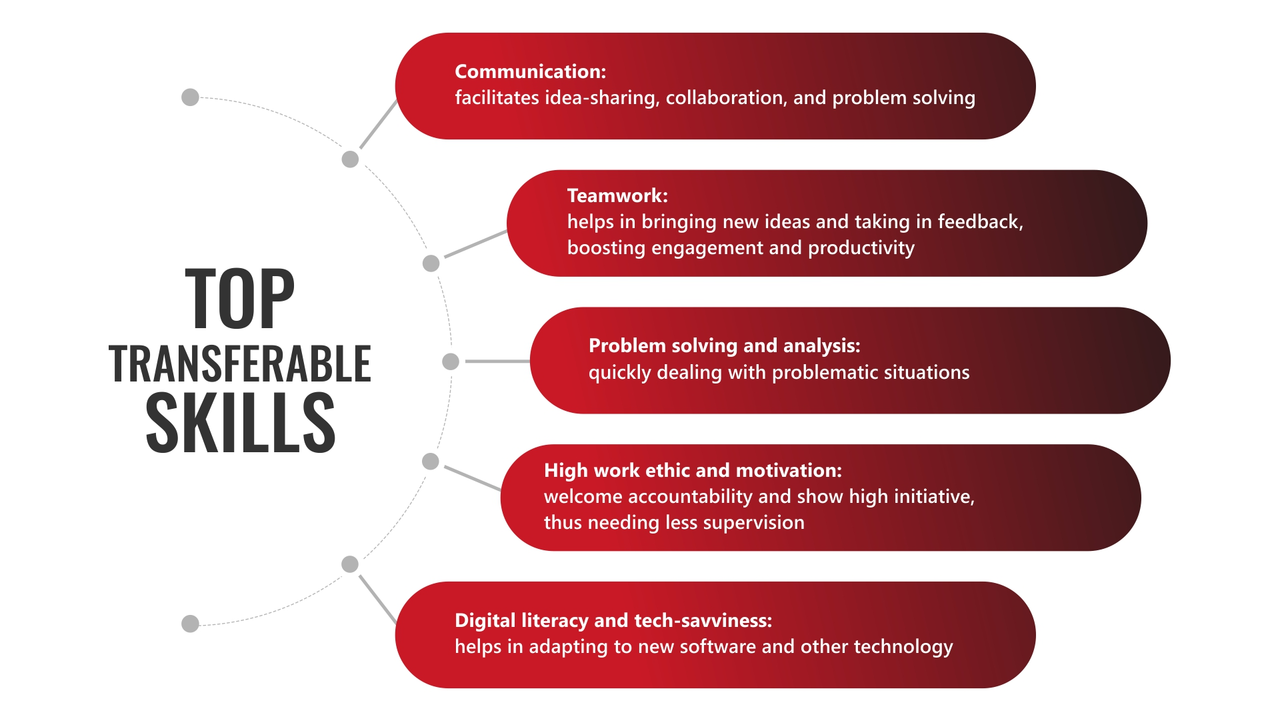Understanding the Basics of Tourism Industry
Let's begin by understanding what the tourism industry really is. The tourism industry, in simple terms, is all about providing services to people who are traveling away from home. It's a broad industry that includes various sectors from transport and accommodation to food and entertainment services. The tourism industry plays a critical role in the global economy, creating jobs and revenue in both developed and developing countries. It also has a significant environmental and cultural impact, which we all need to be aware of.
The Different Sectors within the Tourism Industry
One of the fascinating things about the tourism industry is its diversity. This industry is made up of several different sectors, each offering unique services. These include transport services like airlines and cruise lines, accommodation services such as hotels and resorts, food and beverage services, and attractions like museums, parks, and historical sites. Each sector plays a vital role in providing a memorable experience to tourists and contributes significantly to the overall success of the tourism industry.
Role of the Tourism Industry in the Economy
The tourism industry is a major contributor to the global economy. It generates billions of dollars in revenue each year and creates jobs for millions of people worldwide. The industry also stimulates growth in other sectors, like construction, retail, and agriculture, due to the demand for infrastructure, goods, and services. Furthermore, tourism can help promote cultural exchange and understanding, fostering peace and goodwill among different nations.
Environmental Impact of Tourism
While the tourism industry brings numerous economic benefits, it also has a significant environmental impact. Mass tourism can lead to environmental degradation, pollution, and loss of biodiversity, especially in fragile ecosystems. It's critical for the industry to promote sustainable tourism practices to minimize its negative environmental impact and preserve natural and cultural heritage for future generations.
The Cultural Impact of Tourism
Tourism can have a profound impact on local cultures. On the one hand, it can help preserve traditions and customs by showcasing them to visitors. On the other hand, it can lead to the commodification of culture, where cultural elements are modified to appeal to tourists, potentially losing their original meaning and value. Responsible tourism practices can help ensure that cultural impacts are positive and beneficial to local communities.
Challenges Facing the Tourism Industry
Like any other industry, the tourism industry faces various challenges. These include managing the environmental and cultural impacts of tourism, dealing with seasonality and over-tourism, ensuring safety and security, and adapting to technological changes and evolving tourist expectations. These challenges require innovative solutions and effective management strategies to ensure the long-term sustainability of the industry.
The Future of the Tourism Industry
The future of the tourism industry looks promising, with new trends and technologies shaping the way we travel. Sustainable tourism, experiential travel, digital nomadism, and personalized experiences are some of the trends that are expected to dominate the industry in the coming years. Technology will also play a crucial role in enhancing the tourist experience, with advancements in virtual reality, AI, and big data offering exciting possibilities.
The Importance of Education and Training in the Tourism Industry
With the rapid changes in the tourism industry, education and training are more critical than ever. Having a well-trained workforce can help the industry adapt to new trends and challenges, enhance service quality, and promote responsible practices. Educational institutions, industry associations, and governments all have a role to play in providing relevant and quality education and training to those working in the industry.
Conclusion: The Tourism Industry and You
In conclusion, the tourism industry is a dynamic and complex field with diverse sectors, significant economic contributions, and a wide range of impacts. It's an industry that affects us all, whether we're traveling for pleasure or business, working in the industry, or simply living in a tourist destination. Understanding this industry can help us make informed decisions as consumers, employees, and citizens, and contribute to making tourism more sustainable and beneficial for everyone.
